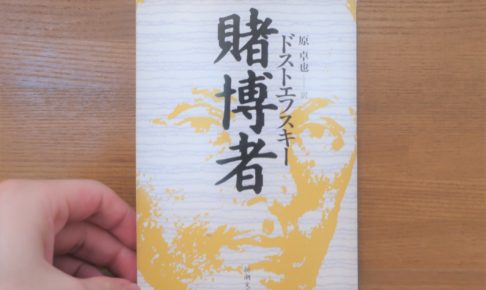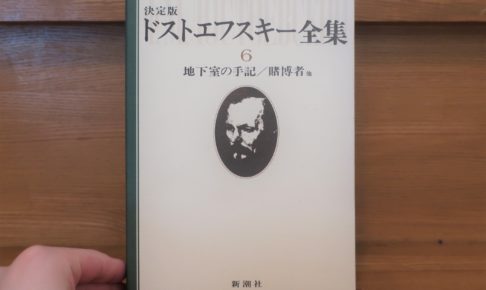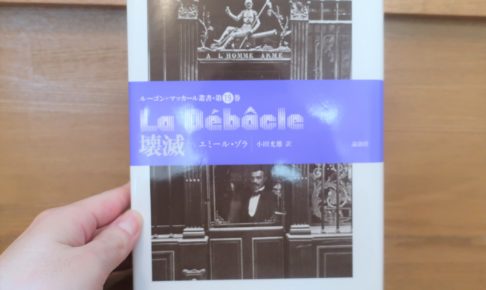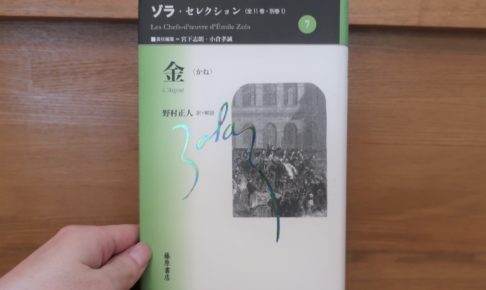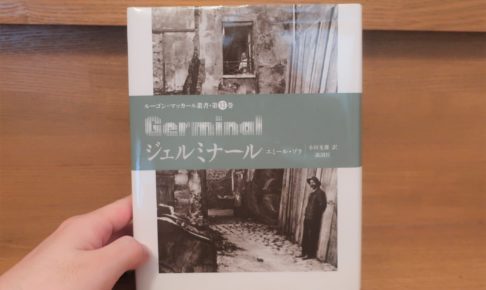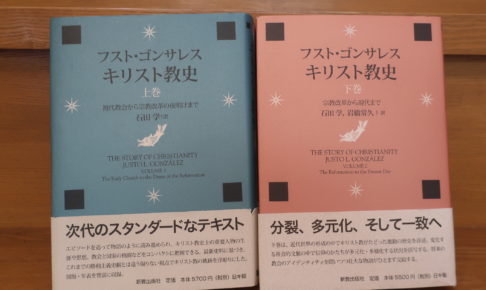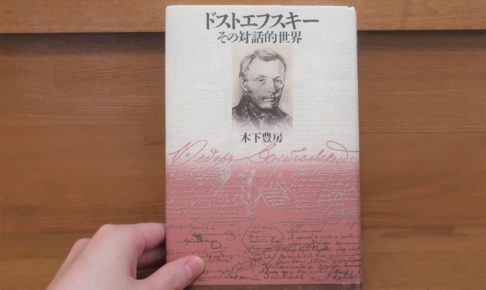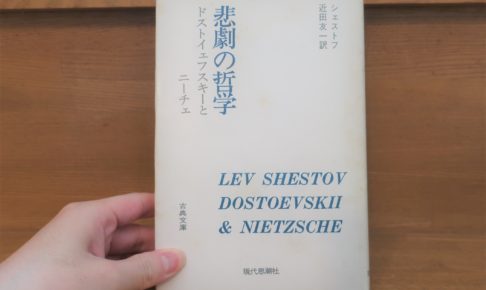Dostoevsky's "The Moron" Synopsis and Comments - The Creation of Christ - Deep Relationship with Don Quixote and Remise
Although it aims to portray Christ as "an unconditionally beautiful human being," it is more than enough to enjoy without any knowledge of Christianity. (Of course, it is better to know about it to appreciate it more deeply.)
It is such an outstanding work of fiction and art.
Although it is a work that has not been shown much in the shadows of Crime and Punishment, it is very highly regarded as one of Dostoevsky's masterpieces. It is interesting. I strongly recommend it.













